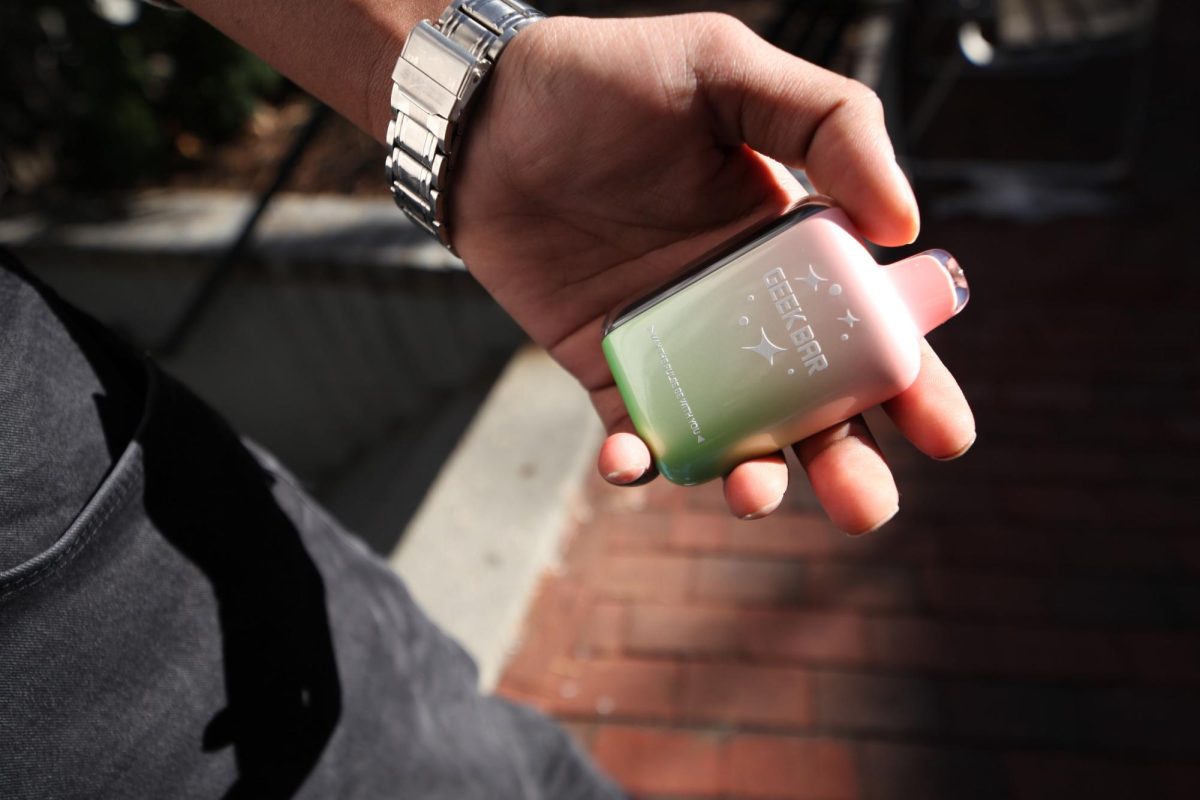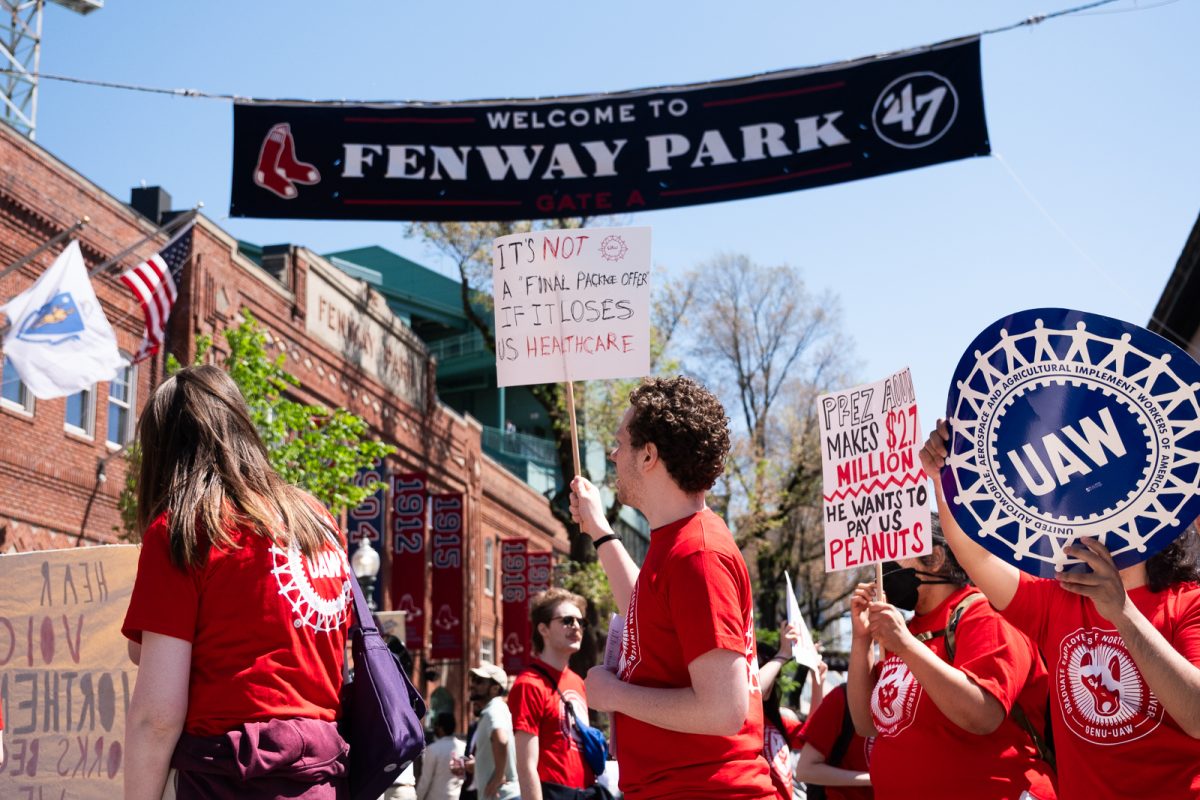I recently had the pleasure of reading Jeannette Tremblay’s opinion in the April 9 edition of The News, on what the military is mainly concerned with — namely getting young men and women from lower income families to go to war in order to become brutalized, drug-ready casualties of Post Traumatic Stress Disorder (PTSD).
Sorry for being flippant. I do so not in order to antagonize, but it is difficult to contain such a reaction after reading what I consider to be an inadequate piece of work concerning combat stress and the United States Army.
Let me say first that PTSD is a horrible affliction, and my gratitude for Tremblay’s service in helping battle that disorder is hard to express in words. Seeing the horrors of war through a camera lens alleviates the base brutality of combat, and the horrible reality of taking an enemy life loses all of its impact when you are seated safely on your sofa or in a movie theater. That Tremblay spent her time helping some of those vets deal with what they have been through is remarkable and admirable.
I can certainly sympathize with her difficulty in dealing with these soldiers, sailors, airmen and Marines. I too have dealt with the after effects of battle, having been the son of a man who saw the hills and paddies of Vietnam up close and personal as a member of the U.S. Army. I’ve watched him struggle with the movies of Oliver Stone, and sat stone-faced as he described to me his friends and buddies that he will never forget. The most chilling recollection I have is how he relayed to me his departure from Vietnam some several weeks before the battle for “Hamburger Hill,” and the guilt associated with never knowing whether some of those friends and buddies made it out alive. I asked if he had ever tried to locate some of them, or maybe looked for their name on those black granite slabs that mark a horrible time our nation’s history. No, he is afraid of what he would find. PTSD? Maybe he has it. Maybe he doesn’t. He is, however, a functioning member of society and a wonderful father.
I would certainly question, however, the validity of avoiding service in the Armed Forces for the express purpose of avoiding PTSD.
According to the National Center for PTSD (www.ncptsd.org), the traumatic events most often associated with PTSD in men were rape, combat exposure, childhood neglect, and childhood physical abuse. For women, the most common events were rape, sexual molestation, physical attack, being threatened with a weapon, and childhood physical abuse.
However, none of these events invariably produced PTSD in those exposed to it, and a particular type of traumatic event did not necessarily affect different sectors of the population in the same way.
While that is just a small portion of what the National Center is saying, it is reasonable to assume that everyday traumatic events could provide a large enough shock to induce PTSD. While avoiding any unnecessary comparisons between the traumatic events, it seems to me that normal occurrences — driving to work, for example — could lead to situations that threaten to induce PTSD. I fail to see how avoiding military service alone could preclude someone from being a possible victim. The question that begs to be answered is should we then avoid all potentially hazardous circumstances as Tremblay would have us avoid military service? PTSD is not a phenomenon that is solely the domain of combat veterans.
I also find it distressing that Tremblay fails to mention the lengths that the military goes to in order to address the problem of PTSD. I personally attended several out-briefings from specialized stress teams after I had served my time overseas. Mind you, I was not anywhere near combat, yet the Army ensured that any mental or emotional problems were handled effectively. The Army has several programs to deal with combat stress, from FM 22-51 Leaders’ Manual For Combat Stress Control to providing confidential counseling open to any soldier, without repercussion to the individual. Their efforts to help those afflicted deserve recognition, and I consider it an irresponsible omission on Tremblay’s part.
As for Tremblay’s various insights into the military mind, from the blind obedience to the misconceived notion of glamour in uniform, I am hesitant to spar point-for-point. It appears she already has a notion of what it takes to wake every day and put on the uniform and I’m afraid that my arguments would do nothing to sway that opinion.
But I will say this to Tremblay — I am certainly afraid of combat. I know that if I ever have the misfortune of being placed in a combat situation I will not relish or enjoy the experience. But I will go if called upon. The pompous bragging and false bravado you see from young men is a by-product of, and outlet for, dealing with their fear and anxiety. That type of behavior is not uncommon in most young men going into dangerous situations, from those running onto the football field to those entering into a combat zone. I’m certainly disappointed that Tremblay would find the time to thoroughly examine PTSD, but fail to find the time to examine how people deal with stress before and/or during the situation.
In closing, here is the reality check that Tremblay was hoping for — those that choose to join the military do so for many reasons. Many intelligent, outstanding young men and women choose to serve, and do so proudly without the risk of becoming mindless zombies. And when it comes to combat, they fight not for the flag, not for the national anthem and not for any slogan; they fight so that they and their brothers and sisters in arms that fight next to them make it home safely. I challenge anyone to find me anything more real than that.
– Robert Lovely, Newton, Mass.








